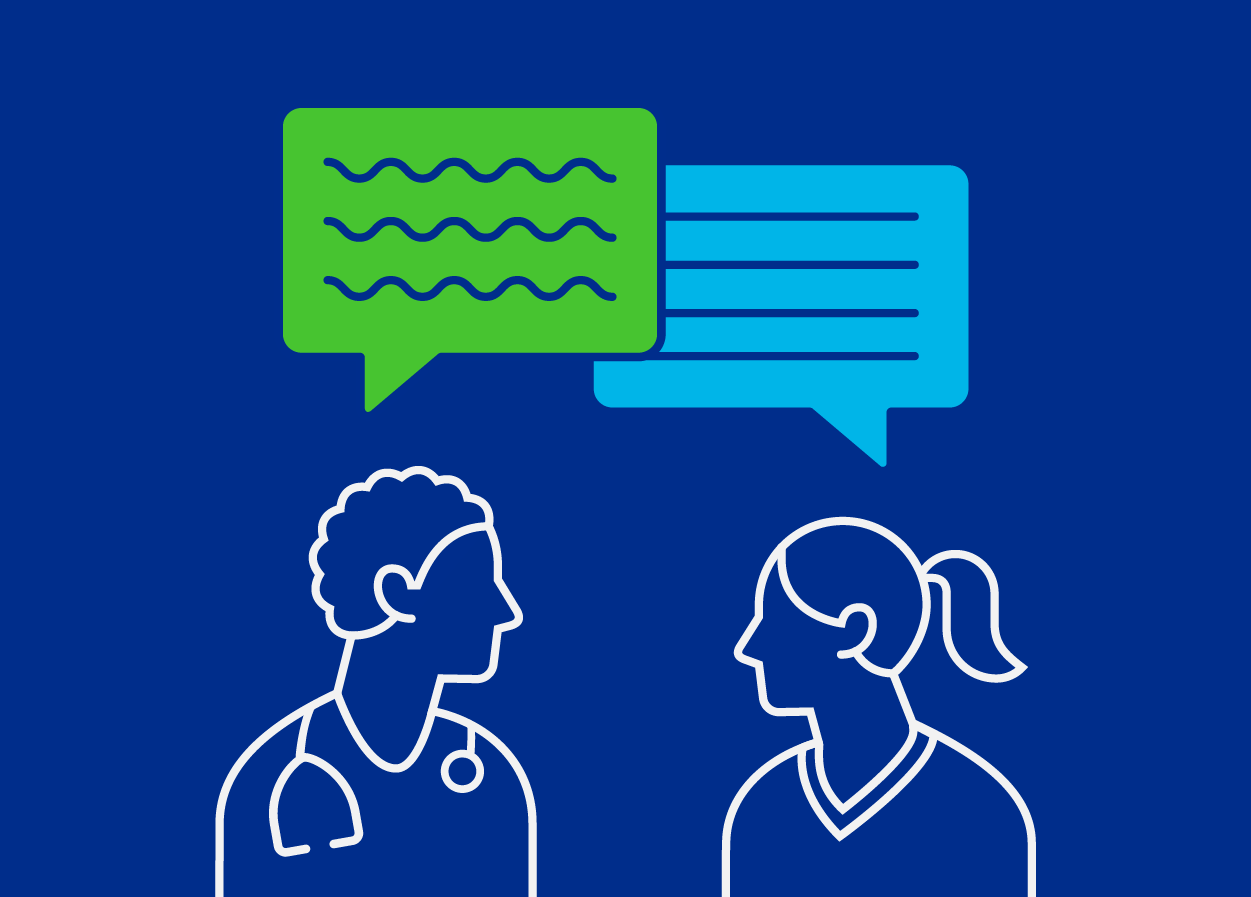Blog Categories
May 2025
Using the PMP to Talk About Substance Use and Mental Health
Mental Health Awareness Month in May is a national movement to raise awareness of the importance of mental health. This makes it a helpful time to start a conversation with your patients about their mental health — although it’s important to talk about it at any time of year. After all, physicians have long been aware of the strong connection between mental health and substance use disorder (SUD). According to the 2021 National Survey on Drug Use and Health, 32.5 percent of U.S. adults (82.5 million people) had either a mental illness or SUD in the past year, and 7.6 percent (19.4 million people), had both a mental illness and SUD.
The Texas Prescription Monitoring Program (PMP) is a valuable tool that can help health care providers start a conversation with their patients about mental health. PMP data that indicate potential prescription drug misuse may be a red flag that points to the need to screen for mental health struggles and intervene to initiate treatment.
Collaborative Care for Co-occurring Disorders
After talking with your patient to understand their SUD and mental health concerns, you will need to coordinate closely with psychiatrists, primary care or pain specialists, and mental health professionals. Treating mental health disorders can be complicated, so it’s vital to utilize the whole spectrum of resources and professionals to see positive results.
When treating a child or youth, pediatric health clinicians can call or text the Child Psychiatry Access Network, (CPAN), a real-time access, no-cost pediatric mental and behavioral health resource at 888-901-CPAN (2726).
Clinicians can:
- Receive peer-to-peer support.
- Talk with a psychiatrist in 30 minutes or less.
- Get vetted local mental health resource referrals.
- Enroll in free continuing medical education opportunities centered around behavioral health.
Having a coordinated patient care plan ready to go can help you prepare for challenging conversations with patients about SUD and mental health — and help protect them from misuse and overdose.
